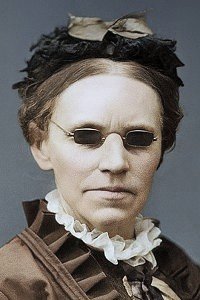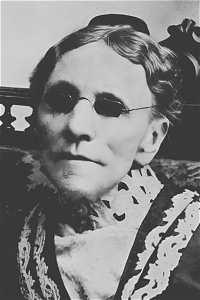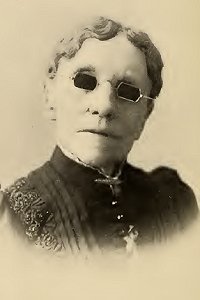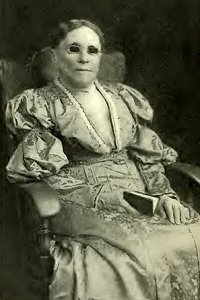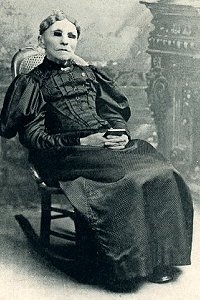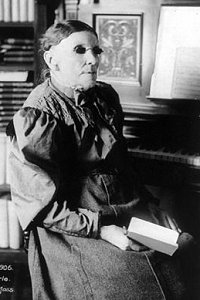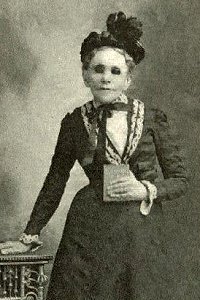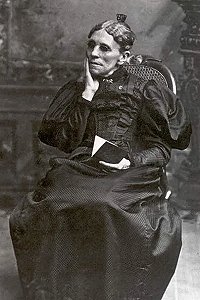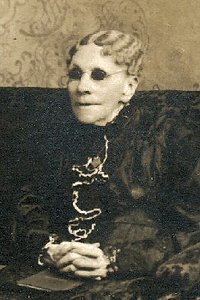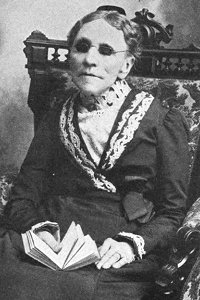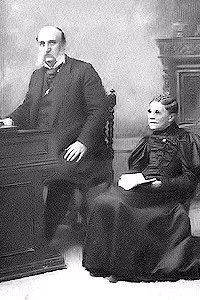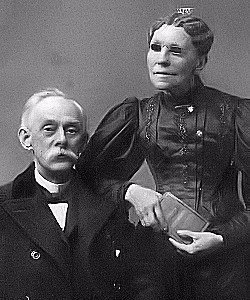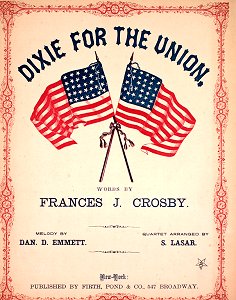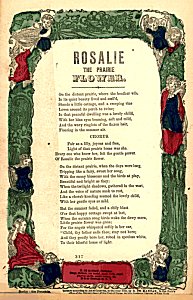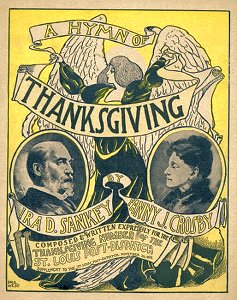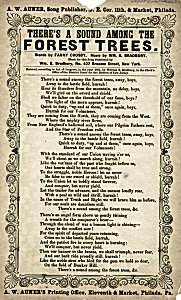I stood upon the mount, called Olivet,
The spot where once the blessed Savior sat;
And from His lips divinely flowed
Accents of mercy, to a fallen race.
The sun had sunk beneath the crimson west,
And night, around its dusky mantle threw.
All—all was still—and as mine eyes surveyed
The ruins of that city, once so fair,
I wept; and half unconscious, from my lips,
Broke forth these scattered thoughts—
Jerusalem!
How like that glorious orb, thou once went lovely!
But, alas! how changed thy glory is
A night of deeper gloom enshrouds thee now.
Here once, magnificent, a temple stood,
And Israel’s God was worshiped and adored;
But where that temple now? Oh, not one stone
Is left, to mark the spot where once it stood.
Jehovah’s name, by heathen lips blasphemed,
And Israel, once a mighty nation strong,
O’er all the earth dispersed—a scattered few—
Shunned, and despised, alas! in exile roam;
Ill-fated city, ’twas thy crimes alone,
That hurled upon thy head this misery!
Would thou hadst known, in thy prosperity,
The things that to thy peace belonged
But now, they from thine eyes are hid.
Oh! thou hast slain the Lord’s anointed Savior of thy race,
And thou hast said, His blood on us and on our children be.
Yet, there is hope for thee, Jerusalem!
Weep o’er thy sins, and to thy God return;
Believe Messiah has already come,
And plead the merits of His pardoning blood.
Fanny Crosby
The Blind Girl, 1844
